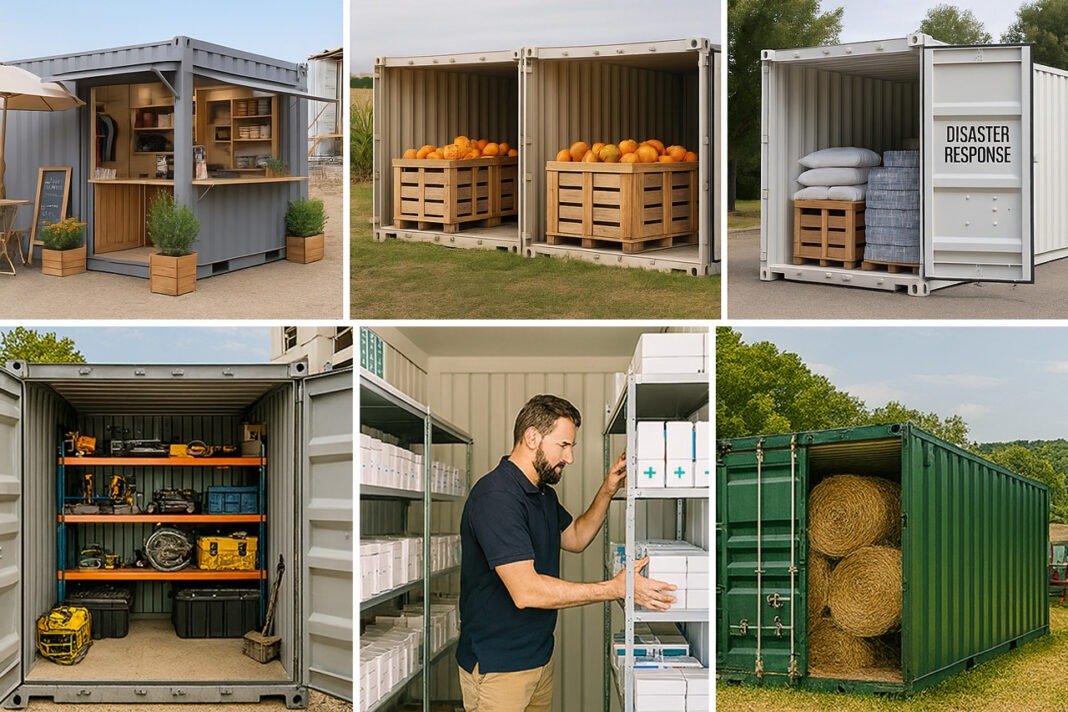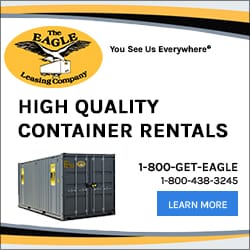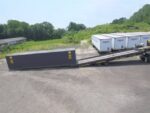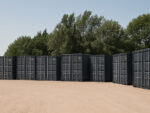Summary: Sizes, Costs & Key Uses of CONEX Boxes
This guide covers what CONEX boxes are, standard sizes (10′–45′), estimated cost ranges ($1,300–$7,000+*), common use cases, and how they compare to ISO shipping containers. Ideal for industries like construction, home and retail storage, pop-up shops, and disaster relief.
Introduction
CONEX boxes (short for “Container, Express”) were originally developed by the U.S. Army in the 1950s. Learn more about their CONEX box origins. Today, they’re a flexible and durable solution for portable storage and transport. Whether you’re in construction, retail, farming, or logistics, CONEX boxes are a secure, modular, and cost-effective option.
Sizes & Specs
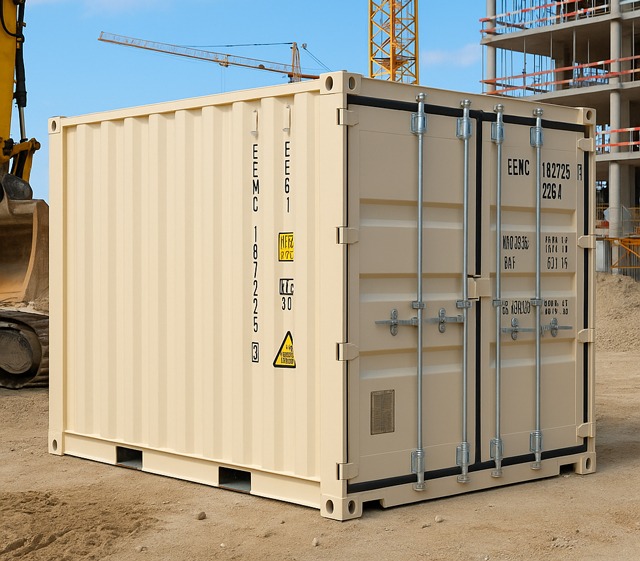
- 10 ft: ~9.4′ x 7.7′ x 7.8′ (560 cu ft)
- 20 ft: 19.35′ x 7.7′ x 7.8′ (1,170 cu ft)
- 40 ft: 39.5′ x 7.7′ x 7.8′ (2,390 cu ft)
- 20 ft High Cube: 19.35′ x 7.7′ x 8.8′ (1,310 cu ft)
- 40 ft High Cube: 39.5′ x 7.7′ x 8.8′ (2,700 cu ft)
- 45 ft High Cube: ~44.5′ x 7.7′ x 8.8′ (3,040 cu ft)
How Much Does a CONEX Box Cost?
- Used (Wind & Water Tight or Cargo-Worthy): $1,300–$4,300*
- New One-Trip Units: $2,800–$7,800*
- Specialty Boxes (Reefers, Open-Tops, Flat Racks): $4,900–$18,000+*
- Rentals: $100–$500/month plus delivery fees*
Delivery typically ranges from $300 to $500 locally, with long-haul delivery costing $1,000 or more depending on the location.*
Why Choose a CONEX Box?
- Durability: Made of Corten steel, wind- and water-tight, stackable
- Portability: Easily transported by truck, rail, or ship as part of modern intermodal freight standards
- Customizable: Options for shelving, lighting, climate control, doors, and more
- Multi-industry Use: Common in construction, agriculture, emergency relief, and retail
CONEX vs ISO Containers
While the terms are often used interchangeably, CONEX boxes originated with the U.S. military, whereas ISO containers are built to international standards. Today, most comply with ISO 668 container specs, but the term remains popular in military and industrial sectors.
Common Use Cases
- Secure jobsite tool and equipment storage
- Modular on-site offices or break rooms
- Retail pop-up shops and event booths
- Seasonal or overflow farm storage
- Disaster relief and emergency response logistics
Final Thoughts
- Sizes: Ranging from 10′ to 45′ in standard and high cube formats
- Costs: From $1,300 for used to $7,800+ for new*
- Customizable: Adaptable for many use cases and industries
- Built to last: Durable steel units with strong resale value
Frequently Asked Questions
What is a CONEX box?
A CONEX box (short for Container, Express) is a steel storage container originally developed by the U.S. military. Today, they’re used globally for storage and transportation.
What sizes do CONEX boxes come in?
Common sizes include 10′, 20′, 40′, and 45′ units, with both standard and high cube options available for extra height.
How much does a CONEX box cost?
Used units typically range from $1,300 to $4,300, while new units can range from $2,800 to over $7,000 depending on size and features.*
What’s the difference between a CONEX box and an ISO container?
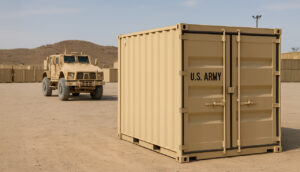
They are functionally the same. “CONEX” is a U.S. term rooted in military use, while “ISO container” refers to any unit built to international shipping standards.
Can CONEX boxes be customized?
Yes. Common modifications include adding insulation, lighting, climate control, shelving, and specialty doors or windows.
Conclusion
Whether you’re storing equipment, setting up a mobile office, or creating a pop-up space, CONEX boxes offer unmatched durability and flexibility. Pricing can vary widely by condition, size, and customization. We encourage you to contact Eagle Leasing for an accurate quote tailored to your needs.
*Note: All prices mentioned are ballpark industry estimates and do not reflect actual Eagle Leasing pricing or policies. For accurate quotes, please contact us directly.
